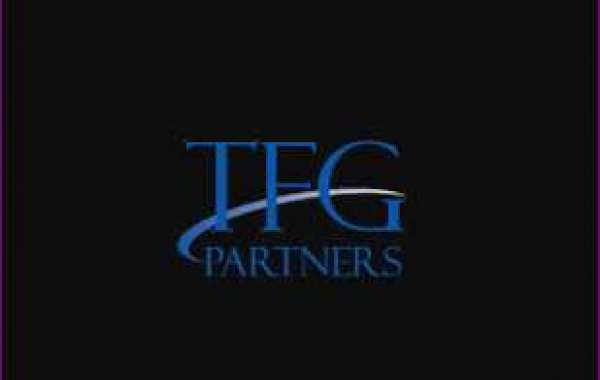Large employers, corporate and nonprofit, that sponsor benefits plans have a significant financial interest in having accurate claim processing. It's why pharmacy and medical claims auditing is more in demand than ever. One crucial time to audit is after the switch to a new TPA (third-party administrator) or PBM (pharmacy benefits manager). No matter how thorough a new vendor is with the initial setup, there are nearly always things to correct in their systems as things are underway. Catching and correcting even small things before they multiply helps considerably. An audit will save money and reduce your workload.
Most TPA and PBM contracts have performance guarantees, but only thorough, independent oversight can verify if they are being met. Often, items discovered and flagged in implementation audits might be things vendors aren't picking up in their systems. Some plans are more complex than others, and it affects the chances for errors. Member service levels and processing all members' claims the same also improve with auditing. It checks for individual mistakes and uncovers patterns that affect many claims similarly. If you're an in-house plan manager, you'll be helped by the factual data you'll receive.
State-of-the-art audits today review 100-percent of claims paid. The earlier random sample method has been replaced at no increase in price thanks to ever more advanced software. Specialist audit firms improve the efficiency of their electronic reviews each year and have achieved an unmatched level of accuracy. There is no way that random sampling and catch and pinpoint every payment error in the manner of a 100-percent review. After an implementation review, it's wise to audit your claims processing annually and strongly consider a continuous monitoring service to give you reports in real-time.
For anyone questioning the value of full-service, 100-percent claim auditing, it's essential to note that it typically recovers as much as four times the project price. It's why plan sponsors increasingly view it as a management tool necessary for oversight and meeting their fiduciary responsibilities. Auditors have proven their value and continue to improve their software and hands-on reviews. It's a far cry from what could be achieved even a decade ago, and as medical and prescription costs continually increase, something plans need. So begin with an implementation audit and continue yearly after that.






